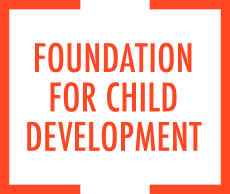https://www.fcd-us.org/implementing-policies-to-reduce-the-likelihood-of-preschool-expulsion/
Behavior problems during the preschool years are meaningful predictors of continued behavior problems, poor peer standing, and academic difficulties during Kindergarten. Fortunately, high-quality early education and intervention programs may prevent severe behavior problems in young children from low-income communities and families. Yet some preschoolers may begin their early education programs with severe behavioral problems already present, potentially limiting their ability to participate fully and benefit from the early educational experience.
This policy brief examines factors associated with expulsion from Prekindergarten (PK). Recent research has explored issues regarding the rate at which preschoolers (children ages three to four) are expelled from PK programs, as well as some of the factors associated with expulsion and the effectiveness of mental health consultation to reduce the classroom behavior problems that may lead to expulsion. Although several factors that predict an increased likelihood of expulsion have been described, this brief addresses those factors that may inform changes in policy that can be both implemented and regulated.
This policy brief is a follow-up to the 2005 study Prekindergartners Left Behind: Expulsion Rates in State Prekindergarten Programs which reports on expulsion rates by program setting, gender, race/ethnicity, and state.
